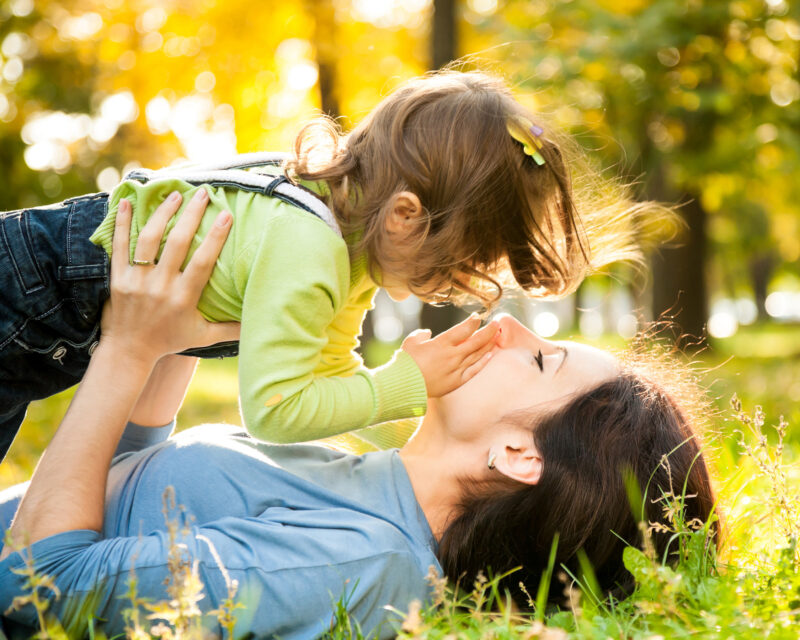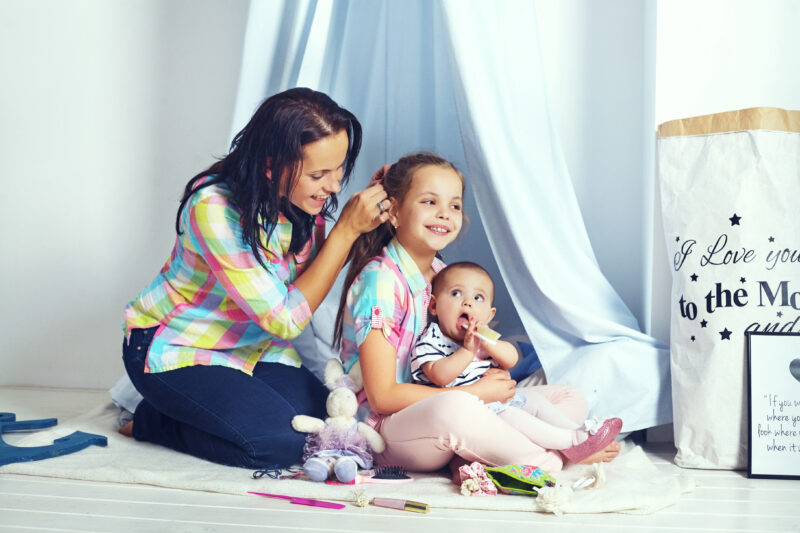While it is your wish to opt for adoption when it comes to your second child, Lachmi Deb Roy tells you the questions you should be asking yourself before taking the plunge.
You already have a biological child, and are planning on your second. While you are still at childbearing age, and are gynaecologically fit, somewhere it has been your deep desire that your second child be an ‘adopted’ one. What is more: your husband approves of it too. While this may seem fairly smoothsailing, opting for adoption, especially with a biological child of your own may not be as simple as you think.
Before taking the plunge, here’s what you should be asking yourself:
What is the need behind adopting a second child?
One needs to be honest with oneself. Psychologist Seema Hingorany says, “Sometimes parents adopt a child to give their first child a sibling to ward away theirloneliness. There maybea lot of reasons, medical primarily, for which parentsmay not be in a condition to have a second kid. For some, the awakening of giving a company to the first child comes much later in life. Having a kid in your forties is not safe. So, adoption becomes the best option.” There are others who want to give a good life to a child and hence they go for adoption. Whatever be the reason, such decisions should not be taken in haste and one should keep the practical perspective in mind.
Am I ready for all the hard work and commitment it takes to adopt a child?
Adopting can get very daunting as there is a lot of paper work involved in the process. One needs to be logical and patient enough to handle the situation. “To get the adopted kid used to the new environment, sometimes mothers need to take a sabbatical or takeup a part-time job. She should be mentally prepared for this change in her life. As a parent, one needs to give the adopted child a lot more time to understand his or her temperament,” says Seema. As parents,one should prepare oneself for celebrating the differences and should not draw any comparison with the biological kid.

What is the right age of a child for adoption?
It is always better to adopt an infant because if you are adopting a child who is three or four years old, then the initial formative years are gone and it can be very difficult for you or for the child to get comfortable with the setting. Child counsellor, Rani Sardesai says, “If you adopt an infant then it becomes easy for the parents to train the child. The child then can automatically adapt to the set pattern of living, behaving and eating.”
How is parenting of an adopted child different from a biological child?
A biological child is a part of one’s body and is already bonded in the womb of the mother. Seema says, “There are some habits which are genetic and cannot be avoided. Many traits travel through genes. But with an adopted child, parents need to be more patient. One needs to be intelligent enough to understand how to deal with this situation. Sometimes the adopted child may require professional counselling and as parents they should not shy away from it.” Many a times adopted kids can also suffer from attention deficit hyperactivity disorder (ADHD),which happens when the kid is in their mother’s womb, due to nutritional deficiency. It is extremely important that such situations be dealt with care.
Sahana Singh (name changed to protect identity) says, “My adopted child had a habit of flicking things. She used to pick up cutleries from five-star hotels where we would go for dinners. It used to get very embarrassing and sometimes it became difficult to keep a track of what she was doing. There were complaints from school as well. There was a point when I started regretting and we felt that we had dug our own grave by adopting a child. I took the help of a child counsellor and started spending a lot of time with her and finally we are happy that she has come out of the habit of flicking.”

Is it important to disclose to our adopted child that he/she is not our biological child?
It is a good idea disclosing to your child that he/she is adopted. And it is always better that he/she gets to know from the parents and not anybody else. But that should be done at a proper age and you should give him/her the assurance that you love him/her equally like his elder sibling and make the child feel secure. Be prepared to answer to all your child’s queries about her parents, background and the reasons behind his/her adoption. The adopted child may go to the extent of wanting to meet their birth mother. It is important that you prepare yourself and handle such situations tactfully.
Why is it important to disclose it with your biological child?
Adopting a second child is a major decision and it is important that parents should discuss this topic with the first child before taking the decision. It is equally important to discuss with your spouse because sometimes the spouse may not be prepared for this change. It should be a joint decision if you do not want your marriage to suffer. The more prepared abiological child is ,thebetter position he/she will be in to adoptthis change. Give some time to your biological child to decide and then take a call. Involving your child in the adoption of your second kid can make him/her feel included in the process. Prepare your biological child for all kind of questions that the relatives and friends may ask. A heart to heart discussion is important in such situations.
How should we share the news with family and friends especially grandparents?
Firstly, no matter how open-minded one’s family is, one should be prepared for some lukewarm and evencold responses too. Seema says, “The relatives and friends should just be informed and parents should be firm with their decisions and not get carried away by what they say. But at the same time, you should takethe grandparents into confidence and answer all their questions without getting annoyed.” As your adopted child grows up prepare him/ her mentally that there may be discriminations from others at many point of their life, but to parents both the kids are equally precious!


